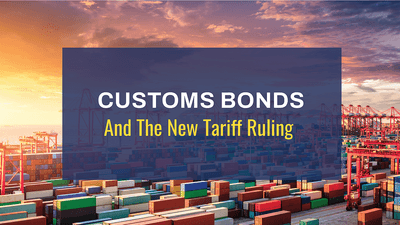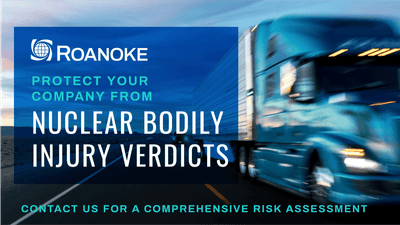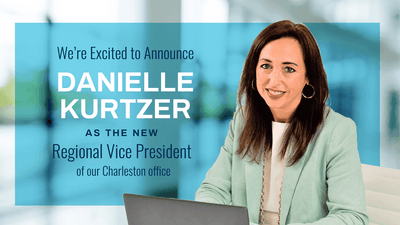February 07, 2017 | Industry Insights
What Global Supply Chain Risks to Expect in 2017

A recent podcast featuring Aaron Michel, senior engineer at AIR Worldwide, a provider of catastrophe risk modeling software and consulting services, discussed what we should be expecting when it comes to global supply chain disruptions in 2017. In order to portend what lies ahead, Michel says it’s wise to look back at the type of risks the global supply chain previously faced. Some of these very events we’ve covered in previous articles. While the frequency and severity may change, a review of the past provides the best indication of what’s to come.
There are three categories of global risks: natural, man-made, and economic. Natural disasters are extreme weather events such as a hurricane or earthquake. In 2016, the Kumamoto earthquake caused significant supply chain disruption, as did the flooding in Louisiana which downed the fourth largest refinery in the U.S., Hurricane Matthew which disabled ports up and down the East Coast, and the wildfire in California that cut off key trade routes. We can expect similar events to take place in 2017.
Man-made disasters involve events such as product recalls, plant fires, cyber attacks, and terrorism. We saw some of the biggest man-made disasters in 2016, according to Michel, including the fire at a GAP Distribution Center in New York that destroyed about 30% of the warehouse space. The Samsung Note battery recall is another example of a man-made disaster. While these types of risks will continue, the prevalence of cyber attacks is what is worrisome particularly as supply chains become more reliant on Internet-enabled devices and cloud devices.
Economic risks do not involve physical disruptions but rather result in product or labor shortages due to supplier insolvency, trade disputes, or loss of a patent, for example. The Hanjin Shipping bankruptcy, for instance, caused goods to be stuck on ships and containers at ports to be stranded. These types of risks are hard to predict, says Michel.
With any type of risk, how well-equipped and prepared companies are will determine the extent of how well they weather a disruption, not only in minimizing financial loss but also in averting reputational and brand damage. Many corporations and supply chain providers are getting better at dealing with disruptions, cites Michel, with access to tools that help build smarter and more resilient supply chains. For example, if there is an impending storm, companies can take the preparatory steps needed to reroute shipments. They can rapidly shift supplies from a damaged facility to one that isn’t, or proactively identify high-risk facilities and increase safety stock at those. The goal is to minimize any associated downtime.
Along with these tools and advanced technologies that interconnect networks and allow business to better manage supply chain disruptions also come the potential for other risks. Cyber attacks come up again in Michel’s discussion, with expectations that these incidents will increase in their frequency and severity.
“Another big risk is in the interconnectivity and correlation in those networks themselves and our lack of understanding. It’s extremely common for us to hear of a large-scale supply chain disruption that came from production stoppage at a previously unknown higher tier supplier,” Michel said. “There’s a good example from Tohoku [Japan] of a paint pigment manufacturer that actually supplied paint pigments to most of the global auto producers. A disruption of that facility actually caused four and a half million cars to not be produced in 2011 following that event.”
A shortfall, he said, is “that only identifying who is in the supply chain isn’t enough to predict risk. It’s better to not only identify all suppliers in the chain but also what unique risks they face. In addition, the completeness of the supplier network identified is of utmost importance…”
About Roanoke Insurance Group
Supply chain insurance should be part of a company’s risk-mitigation strategy. At Roanoke Insurance Group, we provide comprehensive insurance coverage and effective risk management to help mitigate losses for the transportation and trade industry. We also strive to keep our clients informed as events unfold to help them lessen the impact on their ability to deliver. For more information about our insurance solutions and risk management services, contact one of our Roanoke Insurance Group professionals at 1-800-ROANOKE (800-762-6653).
Source: Claims Journal Podcast













